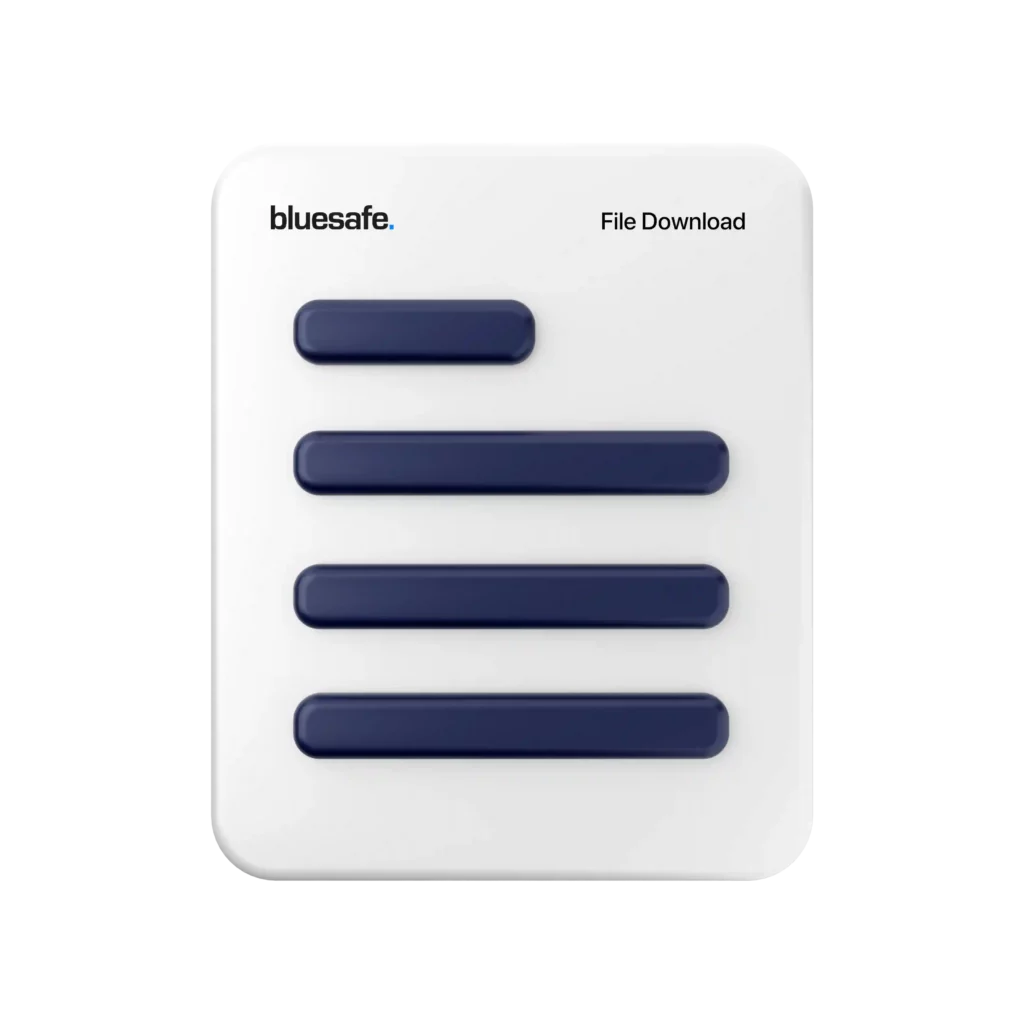Now, I know what you might be thinking – “Gary, why are you talking about something so boring and technical?” But trust me, this is something that you cannot afford to ignore if you want to ensure the safety of your staff and customers, and avoid any legal or financial consequences that can arise from neglecting this important aspect of your business.
First of all, let’s talk about what deep pits and grease arrestors are and why they are important. These are systems that are installed in commercial kitchens and other food service establishments to capture and contain grease, oil, and other food waste before it can enter the wastewater system. This not only helps to prevent blockages and backups in the pipes, but also helps to protect the environment by reducing the amount of pollutants that are released into our waterways.
However, the installation of these systems is not something that should be taken lightly. There are a number of safety concerns that need to be addressed, both during the installation process and in the ongoing maintenance and operation of the system.
One of the biggest dangers when it comes to installing deep pits and grease arrestors is the risk of explosion or fire. This is because these systems often use flammable materials and require electrical components to operate. If proper safety protocols are not followed during the installation process, there is a risk of sparks or other ignition sources coming into contact with flammable materials, which can lead to a catastrophic explosion or fire.
To prevent this from happening, it is essential to hire a professional contractor who has the necessary training, experience, and certifications to install these systems safely and efficiently. This includes ensuring that all electrical components are properly grounded and that all connections are securely fastened to prevent any sparks or other ignition sources from occurring.
Another important safety consideration when it comes to deep pits and grease arrestors is the risk of exposure to hazardous materials. This is because these systems are designed to capture and contain potentially harmful substances, such as oils, fats, and other food waste. If these materials are not properly handled or disposed of, they can pose a serious risk to the health and safety of your staff and customers.
To prevent this from happening, it is important to ensure that your staff are properly trained in the safe handling and disposal of these materials, and that all waste is disposed of in accordance with local regulations and guidelines. This may include the use of special protective equipment, such as gloves or goggles, to minimise the risk of exposure to harmful substances.
In addition to these safety concerns, there are also a number of legal and financial consequences that can arise from neglecting the proper installation and maintenance of deep pits and grease arrestors. For example, if your system is not installed properly and a fire or explosion occurs, you may be held liable for any damages or injuries that result. Similarly, if you fail to properly maintain and clean your system, you may be in violation of local health and safety regulations, which can result in fines, legal action, or even the closure of your business.
To avoid these potential consequences, it is important to work with a reputable contractor who has a proven track record of installing and maintaining deep pits and grease arrestors. This includes ensuring that all components are properly installed and maintained, that all waste is disposed of in accordance with local regulations, and that all staff are properly trained in the safe handling and disposal of hazardous materials.
In conclusion, the installation and maintenance of deep pits and grease arrestors is not something that should be taken lightly. There are a number of safety concerns that need to be addressed, both during the installation process and in the ongoing maintenance and operation of the system. By following the proper safety protocols and working with a professional contractor, you can help to ensure the safety of your staff and customers, protect the environment, and avoid any legal or financial consequences that can arise from neglecting this important aspect of your business.
![]()






